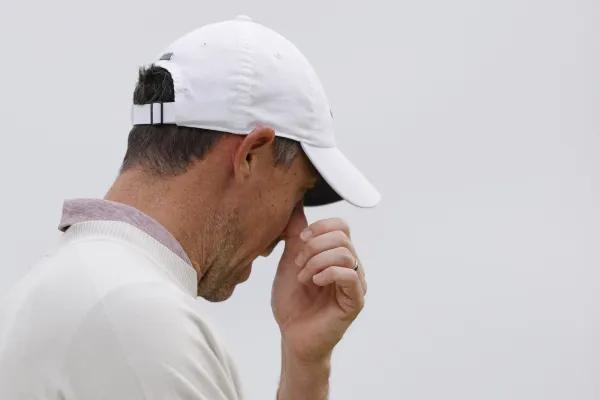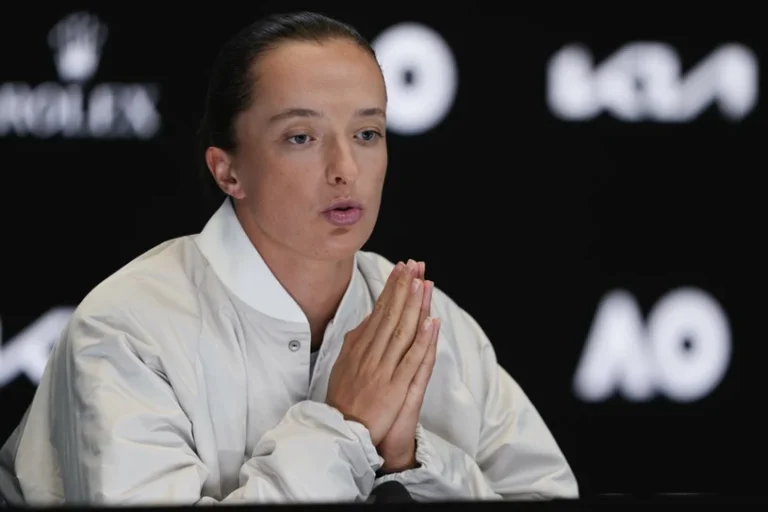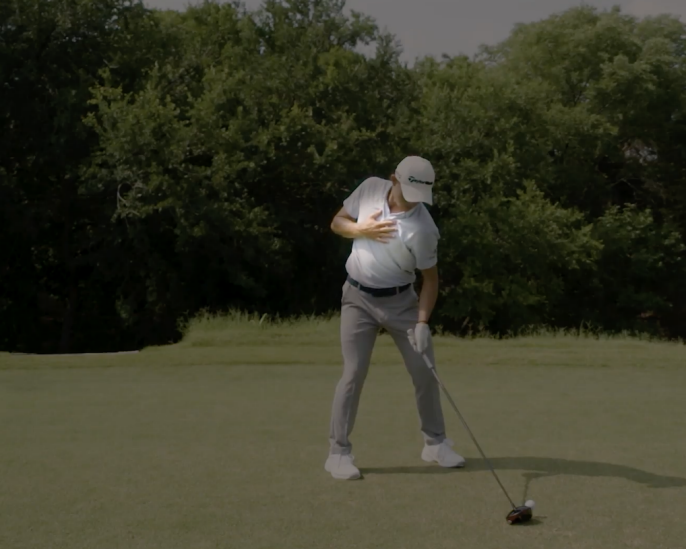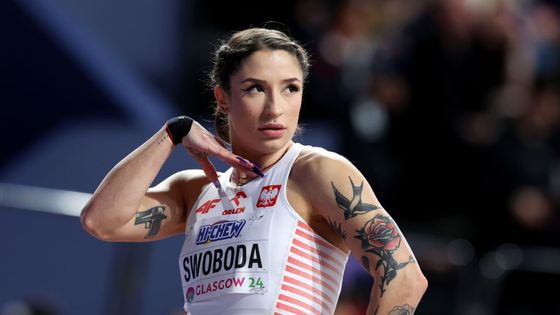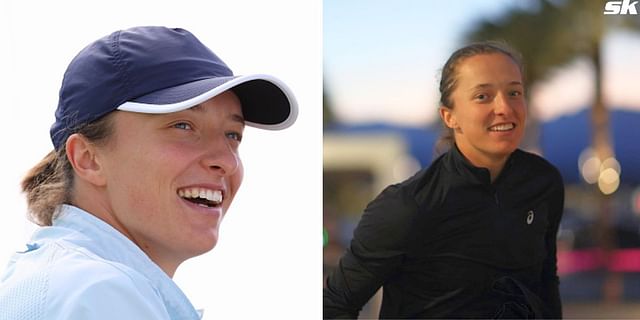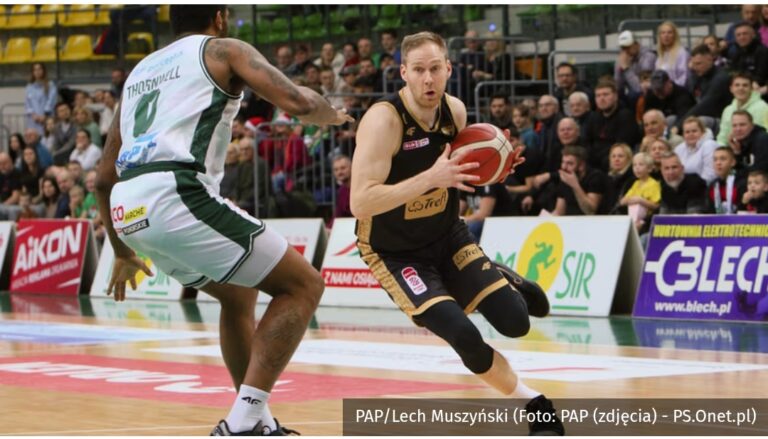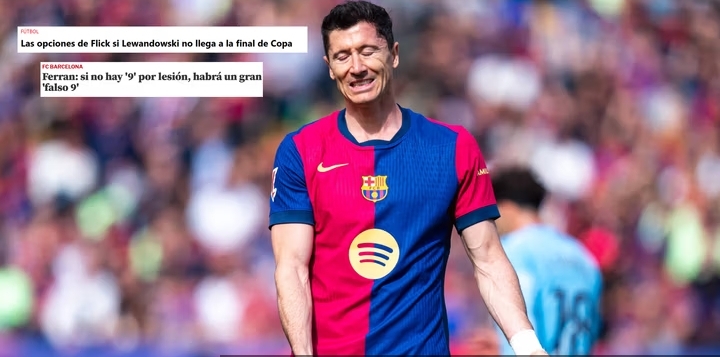Rory McIlroy’s ‘salty’ Ryder Cup answer backfires on him at the Olympics
Rory McIlroy’s recent press conference at the Olympics has stirred up quite a buzz, thanks to some candid and somewhat pointed remarks that have drawn significant attention from the media and fans alike. According to Bob Harig of Sports Illustrated, McIlroy’s responses during the press event at Le Golf National, the site of the ongoing Olympic golf tournament, were notably brash and brimming with attitude. The Northern Irish golfer’s comments, particularly a sharp retort regarding the 2018 Ryder Cup, have backfired in an unexpected way.
McIlroy, who is representing Ireland at the Olympics, was asked by a reporter about the current state of the rough at Le Golf National, specifically how it compares to the conditions during the 2018 Ryder Cup. During that event, Europe defeated the United States decisively with a score of 17.5 to 10.5. McIlroy’s reply was laced with a touch of sarcasm: “Ask the Americans, I wasn’t in it much that week,” he said, while suppressing a smile. The comment, meant to be humorous and self-deprecating, initially elicited laughter from the assembled journalists.
However, Bob Harig quickly pointed out a flaw in McIlroy’s response via Twitter (now known as X). Harig noted that McIlroy’s quip fell flat because none of the American players participating in this week’s Olympic tournament—Scottie Scheffler, Xander Schauffele, Collin Morikawa, and Wyndham Clark—were part of the 2018 Ryder Cup team. As such, McIlroy’s suggestion to “ask the Americans” about the rough conditions was misplaced, as there are no Americans present at the Olympics who could offer insights into that particular event. Furthermore, McIlroy himself had a less-than-stellar performance in the 2018 Ryder Cup, securing only 2 points from a possible 5.
In addition to his Ryder Cup remarks, McIlroy’s press conference featured another notable incident. When questioned about his round at St Andrews on Monday, McIlroy responded curtly, stating that the reason for his visit was “none of your business.” This terse answer reflects a level of frustration or discomfort with the line of questioning. During his time at St Andrews, McIlroy encountered a vociferous American heckler while playing the iconic 18th hole. He managed to silence the heckler with a well-timed retort, demonstrating his ability to handle provocative situations with a mix of sharp wit and composure.
McIlroy also reignited the ongoing debate surrounding LIV Golf, a rival tour to the PGA Tour, by commenting on the absence of LIV players from the Olympic field. His words were interpreted as critical of the current state of Olympic golf and the qualification process, which he believes has led to a less competitive field. McIlroy has been a vocal critic of LIV Golf, and his comments seem to reflect his ongoing frustration with the sport’s divisions and the impact they have on events like the Olympics.
In terms of his Olympic aspirations, McIlroy, who took a brief holiday in Portugal with his family following a disappointing missed cut at The 152nd Open at Royal Troon, expressed a mixture of enthusiasm and realism about his goals. While he acknowledges that winning an Olympic gold medal would be a significant achievement for him, he also recognizes that the Olympic Golf Tournament does not yet hold the same prestige as the traditional major championships—the Masters, the US PGA Championship, the US Open, and The Open Championship.
McIlroy admitted to BBC Sport NI that the current qualification system for the Olympics does not ensure that all the top players in the world are competing, which somewhat diminishes the tournament’s stature. Despite this, he conveyed that winning a medal, particularly a gold one, would still be a deeply meaningful accomplishment for him. He emphasized that the Olympic tournament is important, though it is yet to reach the level of the major championships in terms of global significance and competition.
In summary, Rory McIlroy’s press conference at the Olympics has been marked by a blend of candid remarks, pointed critiques, and a touch of controversy. His comments on the Ryder Cup and the state of Olympic golf reflect his candid and often outspoken nature, while his interactions with the media and public underscore his complex relationship with the sport’s evolving landscape.
